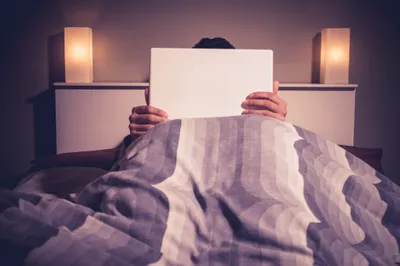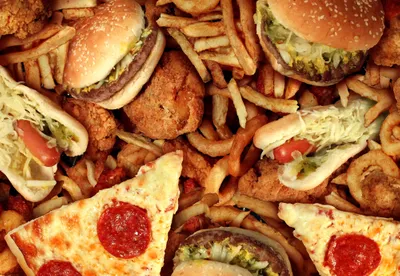Feeling a little low on your get-up-and-go?
Look to these eight unhealthy habits that can zap your physical and emotional energy levels—stat!
1. Iron Deficiency
The Centers for Disease Control and Prevention (CDC) note that iron deficiency is the single most prevalent nutritional deficiency across the globe. So if you feel a tad sluggish, weak, moody, and distracted you may very well be anemic. However, boosting iron in your diet (i.e., red meat, whole eggs, tofu, and dark leafy greens) will improve oxygen delivery to muscles, cells, and organs, improving overall energy.
2. Pass Up Breakfast
I hate to admit it, but mom was right; breakfast is the most important meal of the day when it comes to establishing energy levels and adequate fuel for the day ahead. Especially considering that even during sleep, you’re body continues to draw on caloric stores to keep your organs working, blood pumping, and oxygen coursing to cells and muscles. So, it’s no wonder you feel sluggish if you don’t refuel in the mornings.
3. Clutter Bug
No one likes to live or work amidst disorder and clutter. In fact, research from Princeton University concluded that clutter causes energy drain when test subjects who worked at untidy desks suffered lowered energy and focus compared to those who worked at tidy desks. Clutter was blamed for disrupting the brainwaves needed for effective information processing.
4. Feeling Dehydrated?
Feeling a little parched? Chances are that your energy levels are closely impacted by the simple fact that you’re dehydrated. In fact, even mild fluid loss will zap energy levels as the blood thickens, oxygen exchange slows down. Take it from the experts at the Mayo Clinic recommend women (under average conditions) drink at least 9 cups of water per day while men (under average conditions) should drink roughly 13 cups of water each day.
5. All Powered Up
Do you go to bed with your laptop or smart phone? Several leading health organizations (including researchers at Princeton) point out that using light-emitting technology before bedtime disrupts sleep cycles, keeping the body and mind active when it should be preparing for rest. This is why it’s vital to unplug and power down in order to replenish energy stores with quality sleep.
6. You’re a Cynical Sally or Sam
Glass half empty folks tend to expend a lot more energy than the glass half full lot. In fact, according to research from the University of Eastern Finland, catastrophizing, or rather always focusing on the negative, is a form on anxiety that not only wreaks havoc both mentally and physically—it can also contribute to early dementia. Instead focus your energy on the aspects of life that you can control.
7. Poor Diet
You are what you eat—and if you chow down on a diet made up of mainly refined sugar, starchy carbohydrates, processed foods, and Trans fats—you will burn through these foods quickly and suffer from a initial blood sugar spike (right after eating) shortly followed by a harsh sugar crash and associated fatigue.
8. Staying Sedentary
I know that when you’re feeling stressed or lethargic that going for a run or taking a yoga class is the last thing on your mind. However, passing on a workout will actually drain your energy even further. Exercise has been linked to improved strength, endurance, cardiovascular health (including oxygen exchange, and immunity according to research from University of Georgia scientists who confirm that if you’re feeling tired the best thing you can do is get some brisk exercise. Even a brisk 15 minute walk will do the trick.











